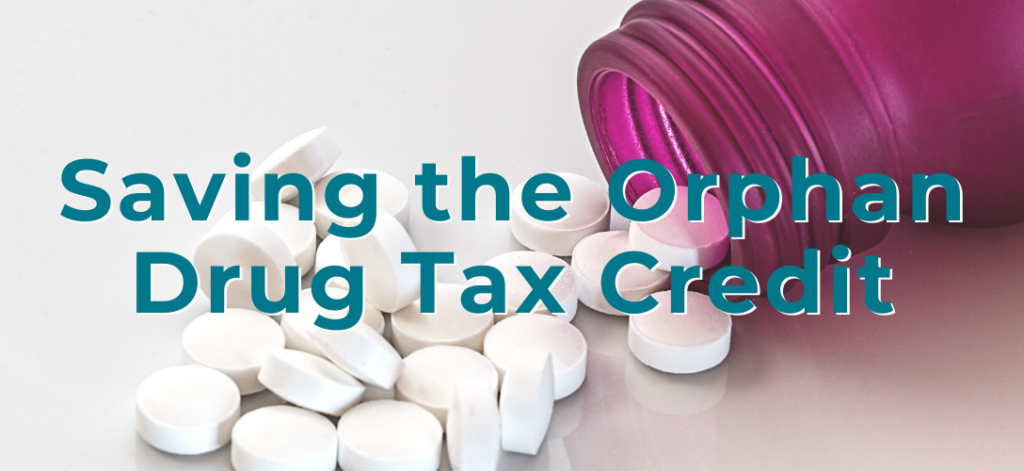
Published on October 7, 2021 | For nearly 40 years, the Orphan Drug Tax Credit (ODTC) has served as an incentive to research and produce medications that are safe and effective for rare conditions, such as PKD. It allows companies to write off 25% of qualified clinical testing expenses for rare disease treatments. That includes testing to see if existing medications can successfully treat other rare conditions.
Unfortunately, a provision of the House of Representatives Build Back Better Act, which passed out of the Ways and Means Committee last month and is now up for consideration by the full House, would amend the Orphan Drug Tax Credit (ODTC), severely undercut the policy’s effectiveness, and harm drug development and innovation.
The Orphan Drug Tax Credit and PKD
Rare diseases affect nearly 30 million or 1 in 10 Americans. Sadly, more than 90% of rare diseases currently have no FDA-approved treatment—including ARPKD. The ODTC has been incredibly successful at its primary intended purpose—incentivizing pharmaceutical companies to put time and resources behind developing orphan drugs that otherwise wouldn’t be profitable due to the disease’s relatively low incidence rate. Prior to the establishment of the tax credit, only 30 FDA-approved drugs were available for rare diseases. Today, over 650 approved orphan drugs are available, including the only FDA-approved treatment for ADPKD, tolvaptan.
What this means for PKD Treatments
In fact, nearly all treatments in development to treat ADPKD and ARPKD received orphan drug designation. This makes them eligible for the ODTC. Without this credit, we wouldn’t see the level of research and development in PKD treatments by our industry partners.

Thousands of dedicated PKD and other rare disease patients across the country serve their communities by participating in experimental trials for new treatments. These trials are often undertaken with hope for the patient’s own lives. In addition, patients strive to be a part of finding treatments, and eventually a cure, for their children and grandchildren. To honor these community members, Congress must act. The Orphan Drug Act and the Orphan Drug Tax Credit must remain strong incentives for the pharmaceutical industry to research treatments for rare diseases.
What you can do about the ODTC
Please take the time to reach out to your Members of Congress with the National Organization for Rare Disorders’ (NORD) action alert so that they know this amendment is important to you, your family, and our community. The Orphan Drug Tax Credit has motivated the pharmaceutical industry to develop safe, effective drugs for many. Hopefully, it’ll continue serving as a powerful incentive to develop medications for the millions of Americans living without treatments for their conditions.
To learn more about our ongoing advocacy efforts, you can find helpful info in our previous blog posts on the LDPA and being a citizen advocate for PKD issues. Interested in taking action for PKD? You can get involved by signing up for our Advocacy Alert.









0 Comments
Trackbacks/Pingbacks